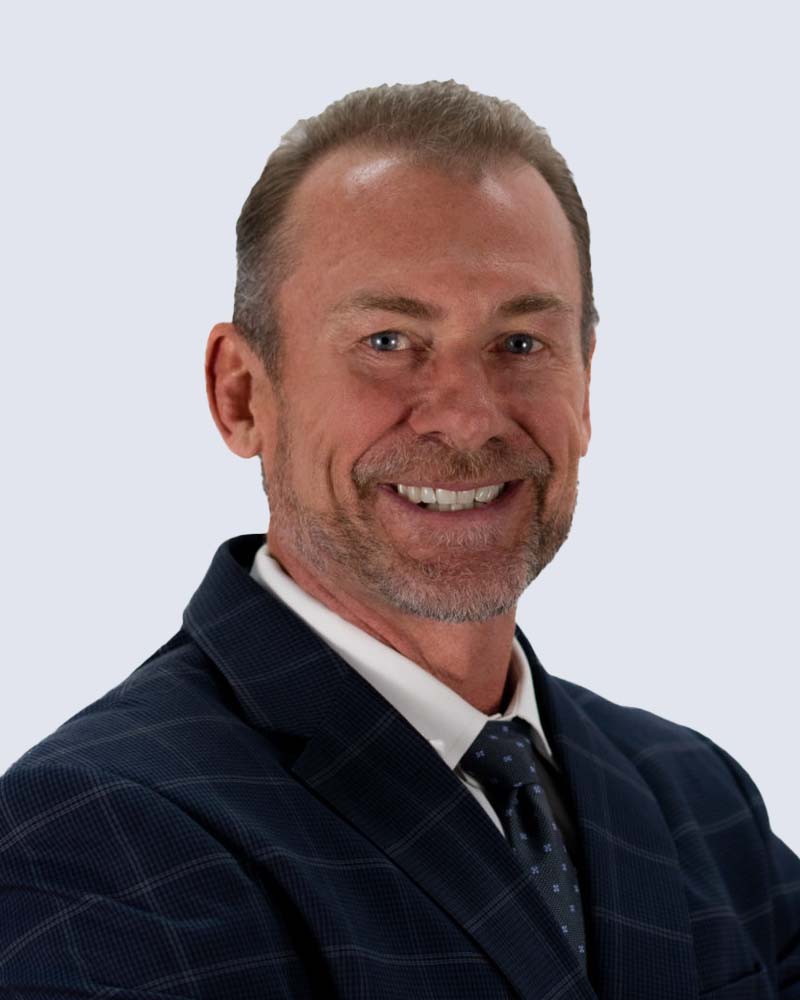Unveiling Auto Body Repair Secrets: Navigating Auto Repairs and Consumer Rights
In this episode of The Difference Makers Podcast, Dr. Jim Hoven is joined by consumer protection attorney Matt Osborne and Jana Miller, owner of Golden Coachworks, to discuss the often hidden challenges faced by consumers dealing with car repairs after an accident. The episode addresses issues with insurance companies steering consumers toward “preferred” body shops that may perform subpar repairs, which can compromise vehicle safety. Jana and Matt share real-world examples of incomplete or unsafe repairs that lead to dangerous outcomes for vehicle owners. The episode offers insights on how to ensure repairs are done correctly, the legal options available when insurance companies cut corners, and the importance of trusting reputable shops for post-accident repairs.
The conversation also delves into the financial motivations behind insurance companies’ recommendations to use preferred repair shops, as these arrangements often save money at the expense of quality and safety. Jana emphasizes the importance of choosing a repair shop based on reputation and not solely on insurance recommendations. Matt highlights the legal ramifications of poor repair work and how consumers can hold insurance companies accountable when their vehicles are not properly restored to pre-accident condition.
Key Insights:
- Beware of Preferred Repair Shops: Insurance companies often push consumers toward shops that may perform low-quality repairs to save costs.
- Post-Accident Inspection: If you’re unsure about the quality of repairs, get a post-repair inspection, especially if structural components like the frame were damaged.
- Legal Recourse for Poor Repairs: Consumers can hold insurance companies accountable for incomplete or unsafe repairs and may be eligible for compensation beyond repair costs.
- Frame and Structural Safety: Repairing structural damage, such as a bent frame or damaged torque box, is critical to vehicle safety and should be handled by experienced shops.
- Consumer Rights: In Colorado, consumers have the right to choose any repair shop, despite what insurance companies may suggest.
- Aftermarket Parts: Be cautious with the use of aftermarket parts in repairs, as they may not offer the same level of protection as original parts.
FAQ
Q1: Why do insurance companies push for preferred repair shops?
A: Insurance companies often have agreements with preferred repair shops where they get discounts or pay less for repairs, but this can sometimes result in subpar work or corners being cut to save costs.
Q2: How can I tell if my vehicle was not repaired properly?
A: Common signs include misaligned panels, uneven driving (such as dog-tracking), or a feeling that the car doesn’t drive the same as it did before the accident. A quick alignment check can also reveal hidden frame issues.
Q3: What can I do if my car was not repaired properly after an accident?
A: You can have the car inspected by a trusted body shop. If improper repairs are found, you may need to file a claim with your insurance company. If they refuse to address the issues, legal action may be necessary to hold them accountable.
Q4: What is “bad faith” in insurance claims?
A: Bad faith occurs when an insurance company fails to properly investigate a claim, intentionally lowballs repair estimates, or does not act in the best interest of the insured. This can lead to legal penalties, including enhanced damages.
Q5: Can aftermarket parts compromise vehicle safety?
A: Aftermarket parts are often thinner and may not fit as well as original parts. While some aftermarket parts are acceptable for cosmetic repairs, structural components should not be replaced with lower-quality materials.
Q6: How do I choose a trustworthy repair shop?
A: Look for shops with strong reviews and a solid reputation for quality work. Avoid solely relying on insurance recommendations and trust your instincts if something feels off about the shop’s service.


